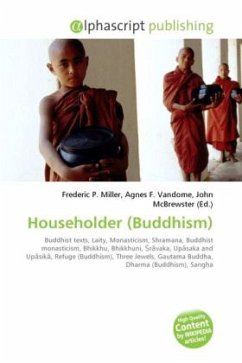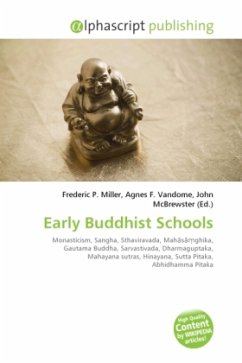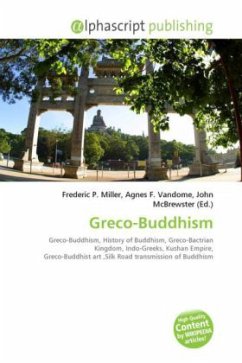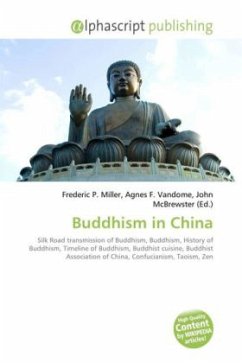High Quality Content by WIKIPEDIA articles! In English translations of Buddhist literature, householder denotes a variety of terms. Most broadly, it refers to any layperson, and most narrowly, to a wealthy and prestigious familial patriarch. In contemporary Buddhist communities, householder is often used synonymously with laity, or non-monastics. The Buddhist notion of householder is often contrasted with that of wandering ascetics (P i: sama a; Sanskrit: rama a) and monastics (bhikkhu and bhikkhuni), who would not live (for extended periods) in a normal house and who would pursue freedom from attachments to houses and families. Lay disciples (upasaka and upasika) are householders and other laypersons who take refuge in the Triple Gem (the Buddha, his teaching and his community) and practice the Five Precepts. In southeast Asian communities, lay disciples also give alms to monks on their daily rounds and observe weekly uposatha days.







